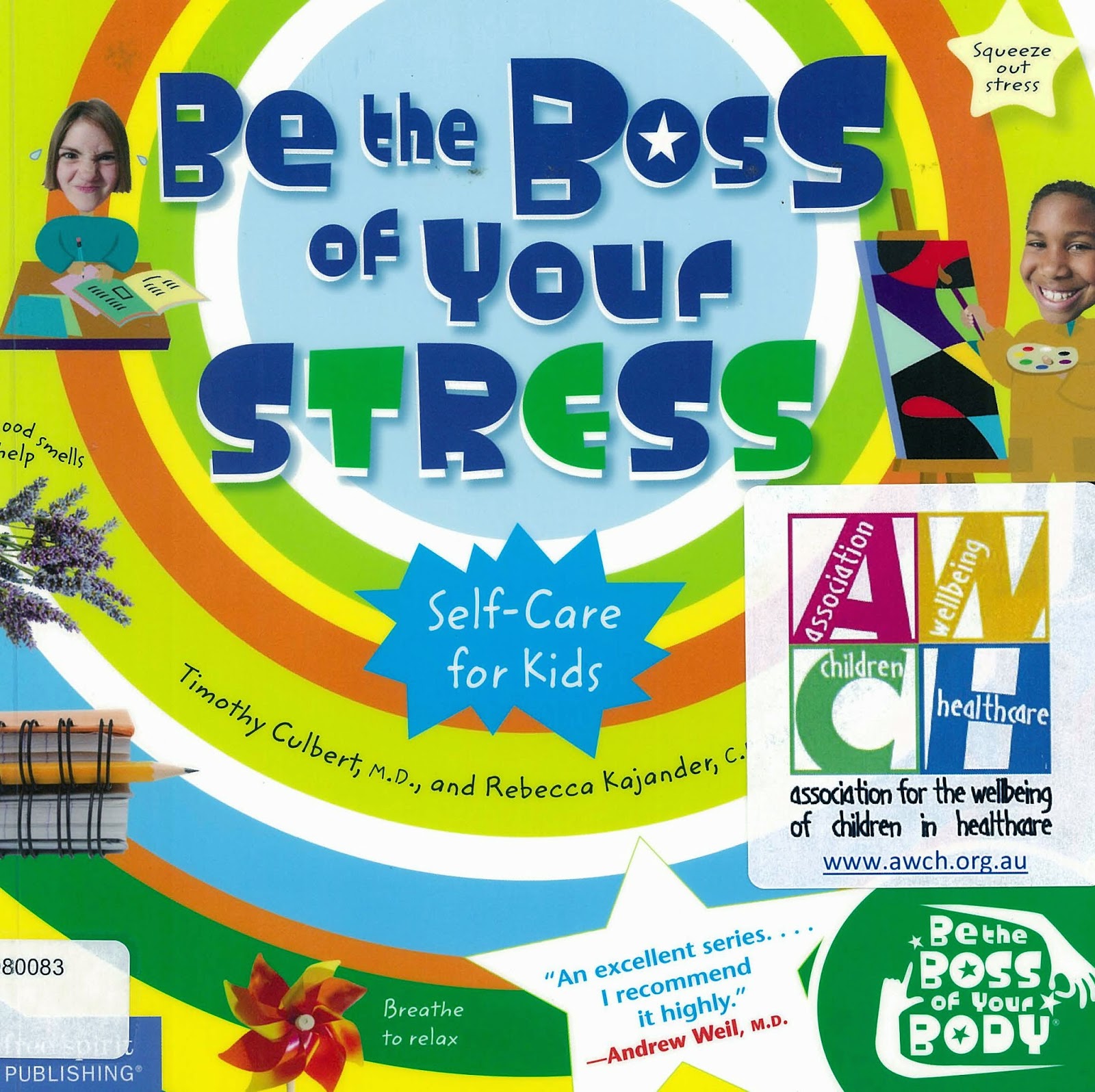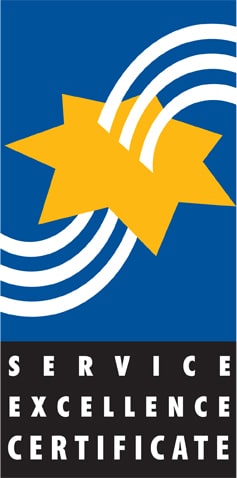It can be hard for a teenager when her peers move from the excitement of “can I sign your cast” to “it’s really going to hurt when they take it off”?
Fresh out of a visit to hospital with my daughter yesterday, I’m reminded of the importance of feelings. It seems all too obvious, that a trip to hospital will result in feelings of anxiety and fear.
 |
|
Photo from: http://www.clipartpanda.com
|
Yet my thirteen year old had shown stoicism from the outset of breaking her arm. She picked herself up and trudged across the sporting field asking for her water bottle. Meanwhile I hastened to keep up, asking her to slow down. Over the weeks she coped with waits at two hospital emergency departments, an adult’s hospital and a children’s hospital, then repeated waiting at orthopaedic and x-ray clinic queues. She had it down pat and knew where to go and what to do, seeing herself as one of the many other children waiting for treatment.
There were certainly challenges along the way, worst being no food or drink and for me watching the pain under gas as her arm was manipulated and put back into shape. Once again I had to hasten to keep up as she jumped up after the procedure to head off to make an appointment at the orthopaedic clinic. The only sign of something being wrong was the cast from wrist and over bent elbow.
Later that night the pain and challenge of sleeping with a heavy bent elbow came. This was followed by challenges of dressing, washing, undertaking school work with her weak arm and carrying a heavy bag which included books and a laptop. Transport on the bus with kids pushing and pulling also led to pain and concern. Despite all this she managed to walk, run and dance her way through the weeks.
 |
|
Photo from:
http://www.kleurplaten.nl/kleurplaten/12308.gif
|
So where in all this resiliency do fearful feelings occur? It can be hard for a teenager when her peers move from the excitement of “can I sign your cast” to “it’s really going to hurt when they take it off” and so the stories begin.
I wasn’t prepared for my daughter’s sleepless night that preceded the day when the cast came off or for the impact of some of the “kid-fabricated” stories. As we waited one last time in the waiting room she was distracted by the funny things around her, a parent talking to their young child about what was on TV, “look there’s a penguin with a rainbow coloured beak”, no it’s a puffin she thought! Just when things weren’t looking good she was called up. One boy had cheered earlier when his name was called, adults chuckled, a moment of relief.
 |
|
Photo from:
http://www.123rf.com/clipart-vector/zombie_arm.html
|
What made the difference to my daughter’s trepidation were the explanations health professionals gave. Speaking to her and demonstrating the procedure of having the cast taken off made all the difference. Phrases like “what you can expect”, “what you might expect” were really helpful. She even smiled as the cast came off. She was glad her arm was not green.
Being “armed” with information makes all the difference. The first test of this was as she reluctantly passed by the swings on our way to the car. It was great to know that she understood and can resist the temptation to hop on a swing, bike or other moving object.
How can books and resources help?

As parents, we won’t always know what our children are feeling. The
AWCH library holds books to help adolescents and children understand what they are feeling. There are books written to help children identify and manage how they are feeling so they can develop self-esteem and coping skills.
Nowadays there are plenty of online resources to help children and families prepare for hospital experiences, an example for young children is the child-friendly free app Okee in medical imaging. This fun app will help young children learn all about medical imaging and feel relaxed and supported.
So I invite you to borrow a book and be well prepared for that next encounter with the doctor, dentist or hospital.
Jillian Rattray
AWCH librarian
April 2015



 As parents, we won’t always know what our children are feeling. The AWCH library holds books to help adolescents and children understand what they are feeling. There are books written to help children identify and manage how they are feeling so they can develop self-esteem and coping skills.
As parents, we won’t always know what our children are feeling. The AWCH library holds books to help adolescents and children understand what they are feeling. There are books written to help children identify and manage how they are feeling so they can develop self-esteem and coping skills. There are books too for school children such as Relax, which teaches relaxation techniques or Be the boss of your stress : self-care for kids and Be the boss of your pain: self-care for kids.
There are books too for school children such as Relax, which teaches relaxation techniques or Be the boss of your stress : self-care for kids and Be the boss of your pain: self-care for kids. 




